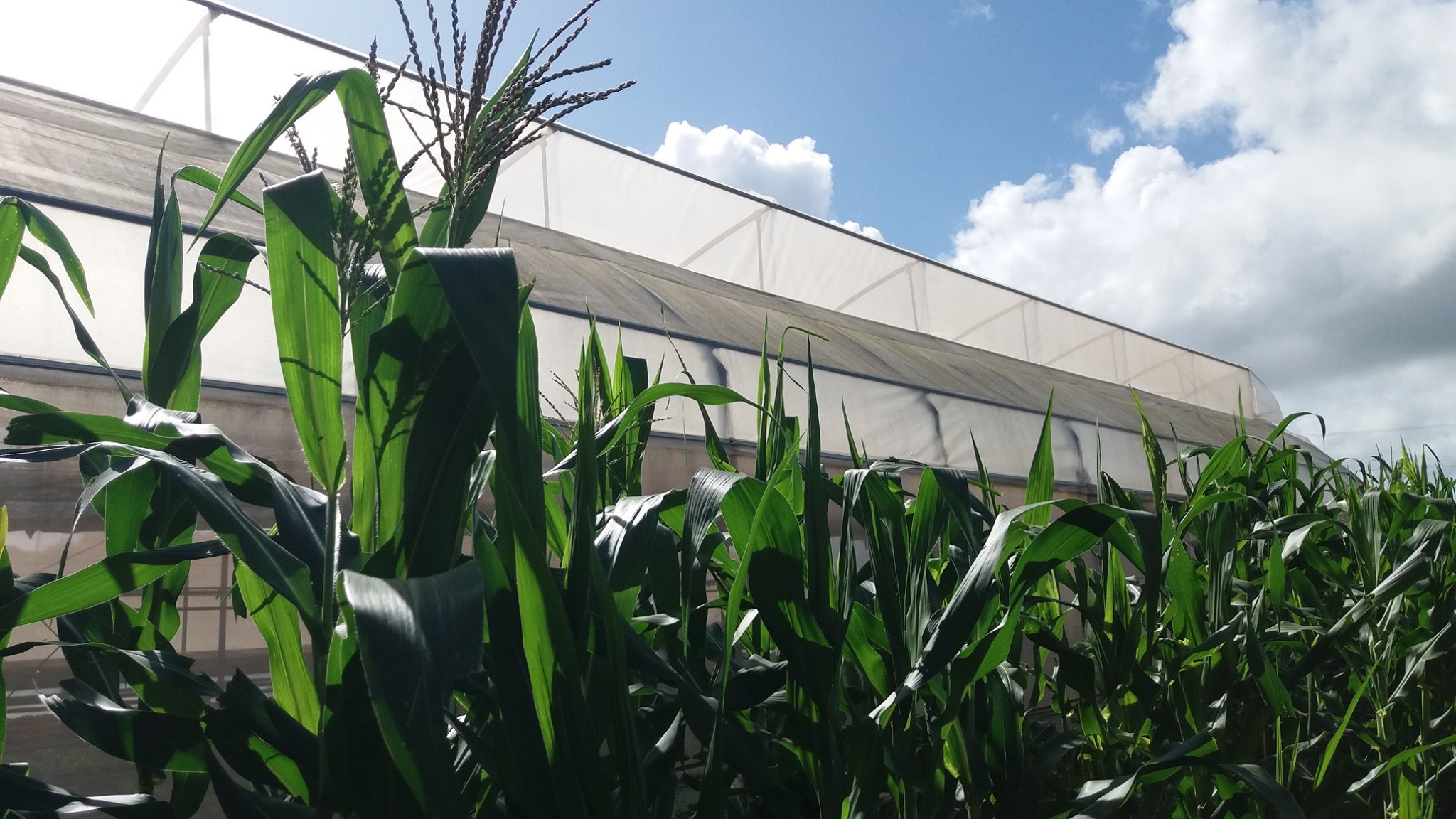
The difficult imperative to increase production and exploit the potential of soils, with a view to food sovereignty, is also the horizon that reveals the research professors of the Majibacoa Municipal University Center. Their classrooms have become an extension of the hustle and bustle of the fields and the watering hole so that the crops “set” better.
Las Tunas, Cuba.- Alexi Lemes Pérez, director of the center of studies, shares with 26 his immediate projects, those that - he assures - are always designed for the well-being of the peasants and their search to put more food on the plates of their family and the population.
"The development of agricultural programs is inherent to us, Alexi confesses. We are committed to supporting the process that was born this January and we have led the work towards advising and accompanying the authorities not only of Agriculture, but also political and administrative, on how to bring the best practices to the farms.”
“We are immersed in developing projects to promote the creation of mini-industries. We have dreamed of numbers much higher than the current ones in such a way that productions are diversified, and a greater quantity of food is made available to the population through different sale points.
“We intend that the knowledge of science and technology is applied in every piece of land that shares the challenge of self-sufficiency. For that reason, we are also involved in advising independent producers.”
With the wisdom inherited from his job, Lemes Pérez explains that several endeavors steal his sleep. Currently, researchers dedicate a lot of effort to promote the process of rescue, conservation, and improvement of arable soils in the locality.
"We also take care of raising awareness among farmers about the need for recovery and the construction of water containers to minimize drought impact, he emphasizes. Although it must be recognized that several producers with their own resources have put these ideas into practice to extend the availability of the liquid in their plots.
The production and conservation of seeds are another of the purposes to which priority attention is directed. The scholar assures that, in the territory, they already have advanced leaders dedicated to it and have been experimenting with the implementation of different varieties such as yucca, tomato, and banana, in search of better yields.
“We experimented in the diversification of varieties of cane destined for animal feed. We want to extend it to all producers so that they know which ones have the most favorable characteristics for forage,” the researcher comments.
Several institutional training projects, derived from the Local Agricultural Innovation Project (PIAL), now see the light in Majibacoa. Such efforts seek to strengthen the issues related to the diversification and marketing of agricultural products. Putting the earth at the mercy of science remains Alexi's challenge and those he leads from the classrooms.





